Heart-Healthy Foods: 10 Superfoods That Can Help Reverse Heart Disease
Despite your heart being one of the most vital organs, you are shockingly neglecting to take care of it. You overload it with stress every single day, as well as eating unhealthy foods.
Unfortunately, fatty foods raise cholesterol levels, which leads to vascular plaques that interfere with the heart's normal functioning.
Do you want to have your blood vessels cleaned?
Do you want to improve the quality of your life?
Wouldn't it be great if we could decrease the risk of heart disease in the future?
Here are 10 foods that can help reverse heart disease.
#1 Apples and Pears
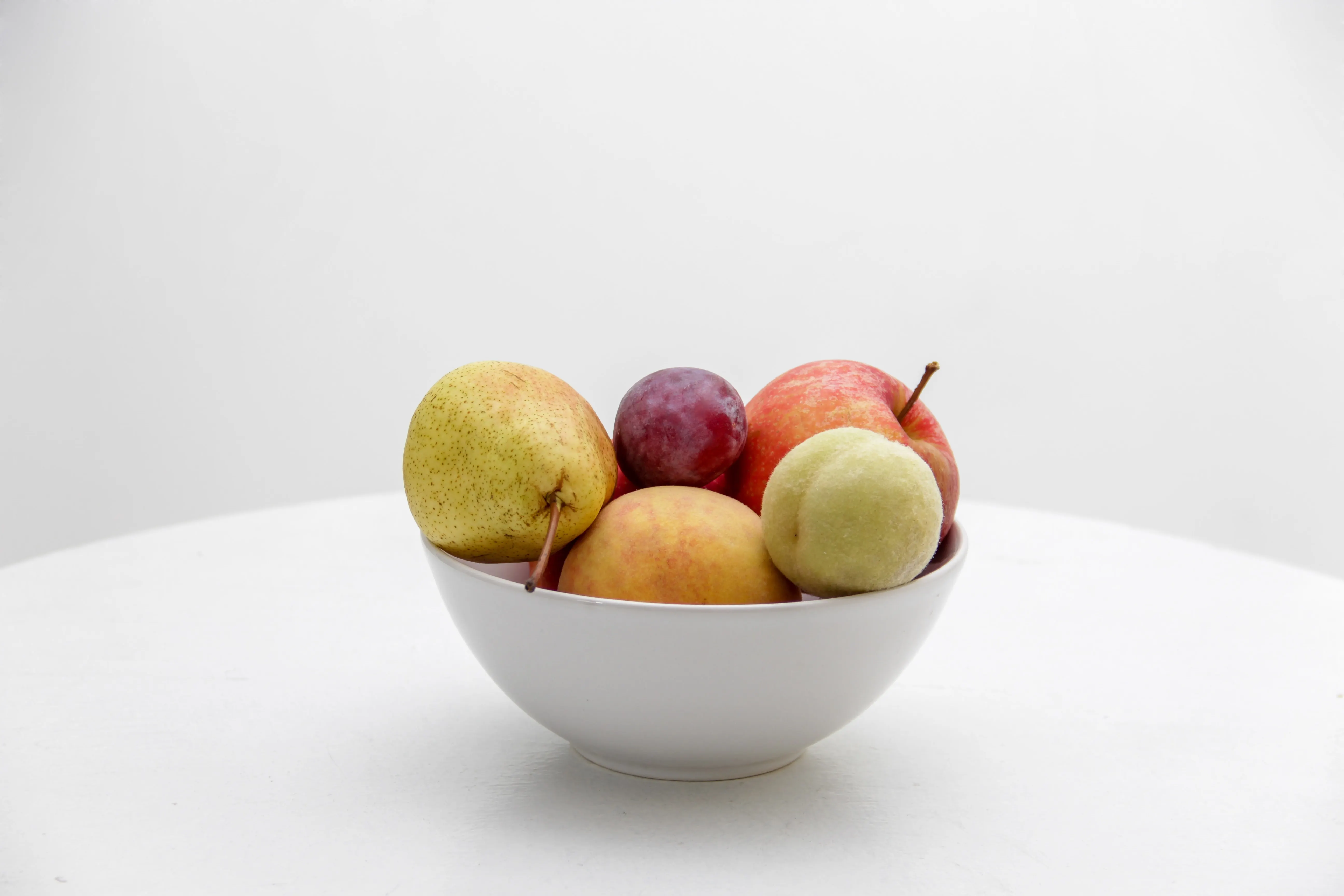
Besides being rich in fiber, these two fruits are also relatively cheap and can be easily found. They do a great job of normalizing your blood circulation.
Apples and pears are low-calorie snack options. One medium apple contains approximately 100 calories, and one medium pear contains approximately 140 calories.
Flavonoids, vitamin C, and antioxidants are concentrated in both of these fruits. They are free of cholesterol, sodium, and saturated fat.
As a result of biting and chewing apples, saliva is produced, which reduces the decay of your teeth and lowers the level of bacteria in your mouth.
Pears are good for your metabolism, your immune system, and your digestion. They also boost your energy and prevent osteoporosis.
#2 Garlic
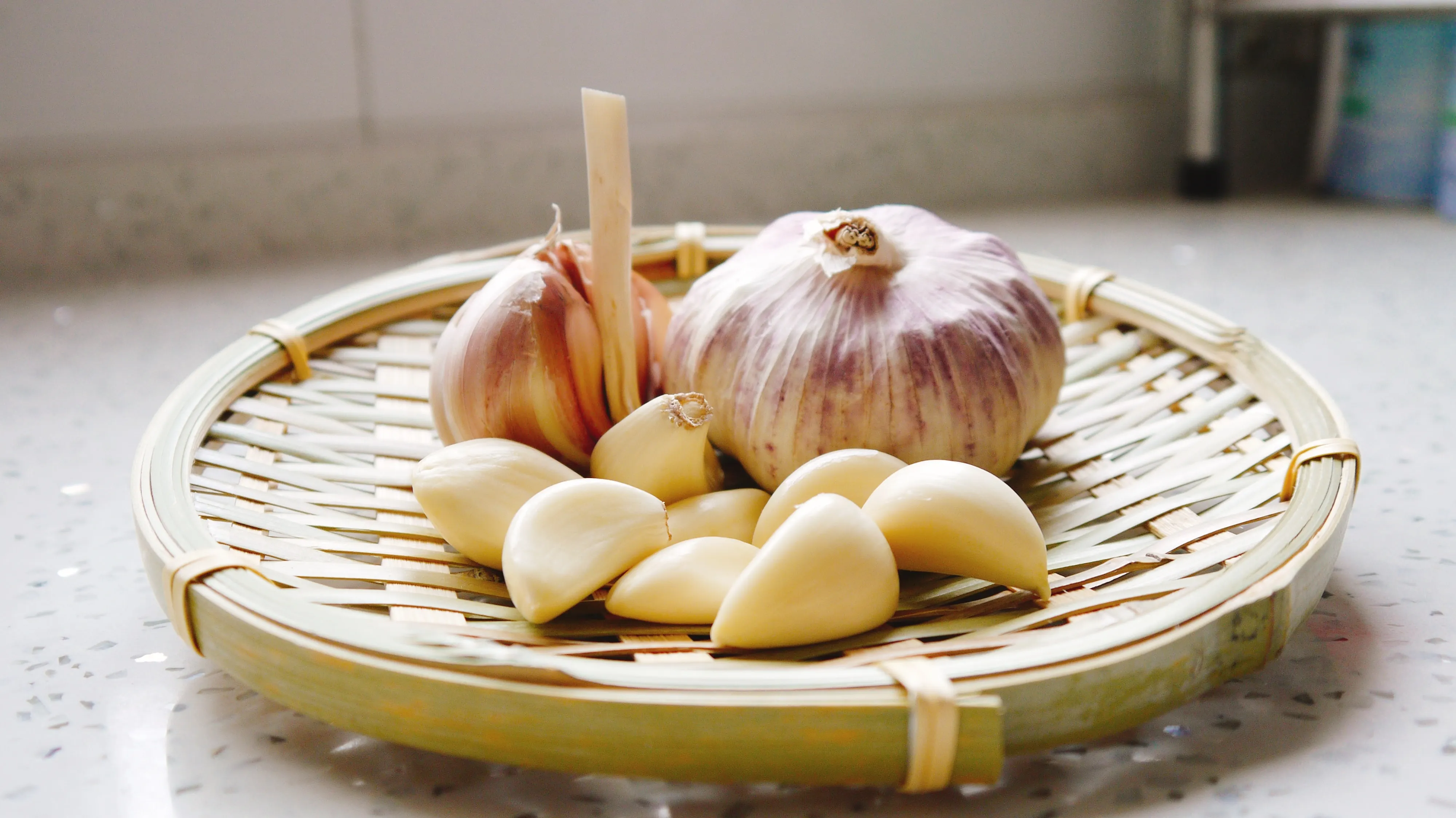
In addition to lowering blood pressure, garlic helps the cardiovascular system and the heart in many different ways.
Blood thins with this nutrient because it prevents platelet aggregation, which decreases the tendency of platelets to stick together.
Garlic has the ability to decrease total cholesterol and triglyceride levels while increasing levels of good HDL cholesterol.
Garlic also protects the enzymes that make nitric oxide, a molecule that relaxes the blood vessels, in the cells that line the arteries.
Garlic contains quercetin, vitamin C, and selenium, which can protect your eyes from infection and swelling. It can also be used to treat a cold and withstand it comfortably.
#3 Avocados
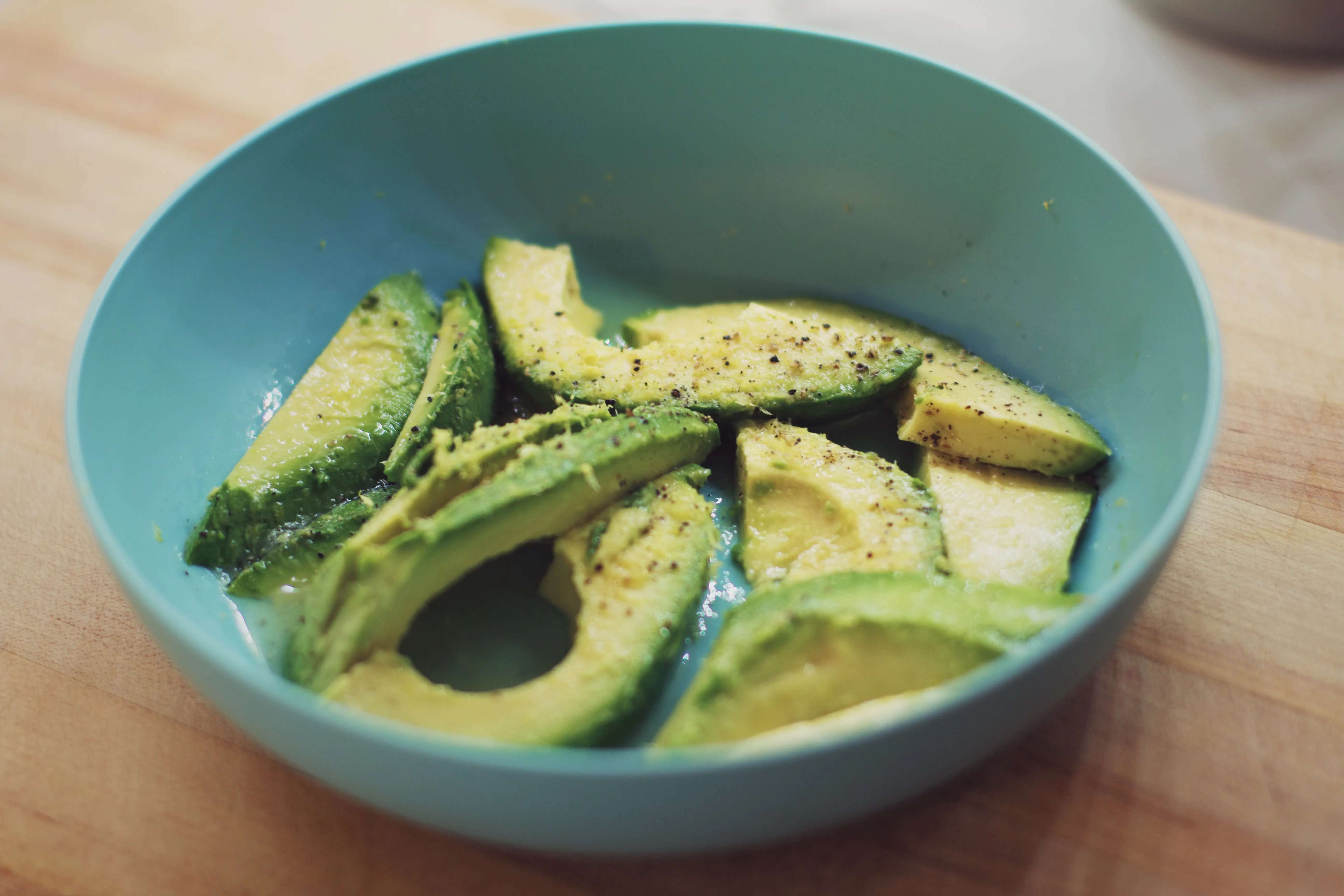
There are high amounts of soluble fiber in avocado flesh (which is digestible), which assists in clearing the plaque out of your arteries.
Monounsaturated fats (MUFAs) are considered essential components of a healthy diet, and avocados are rich in them.
A higher intake of MUFAs is often associated with a lower risk of heart disease and cancer, depending on the situation.
Additionally, avocados contain potassium, which acts as a natural diuretic. Potassium is highly useful for lowering blood pressure.
#4 Broccoli & Spinach
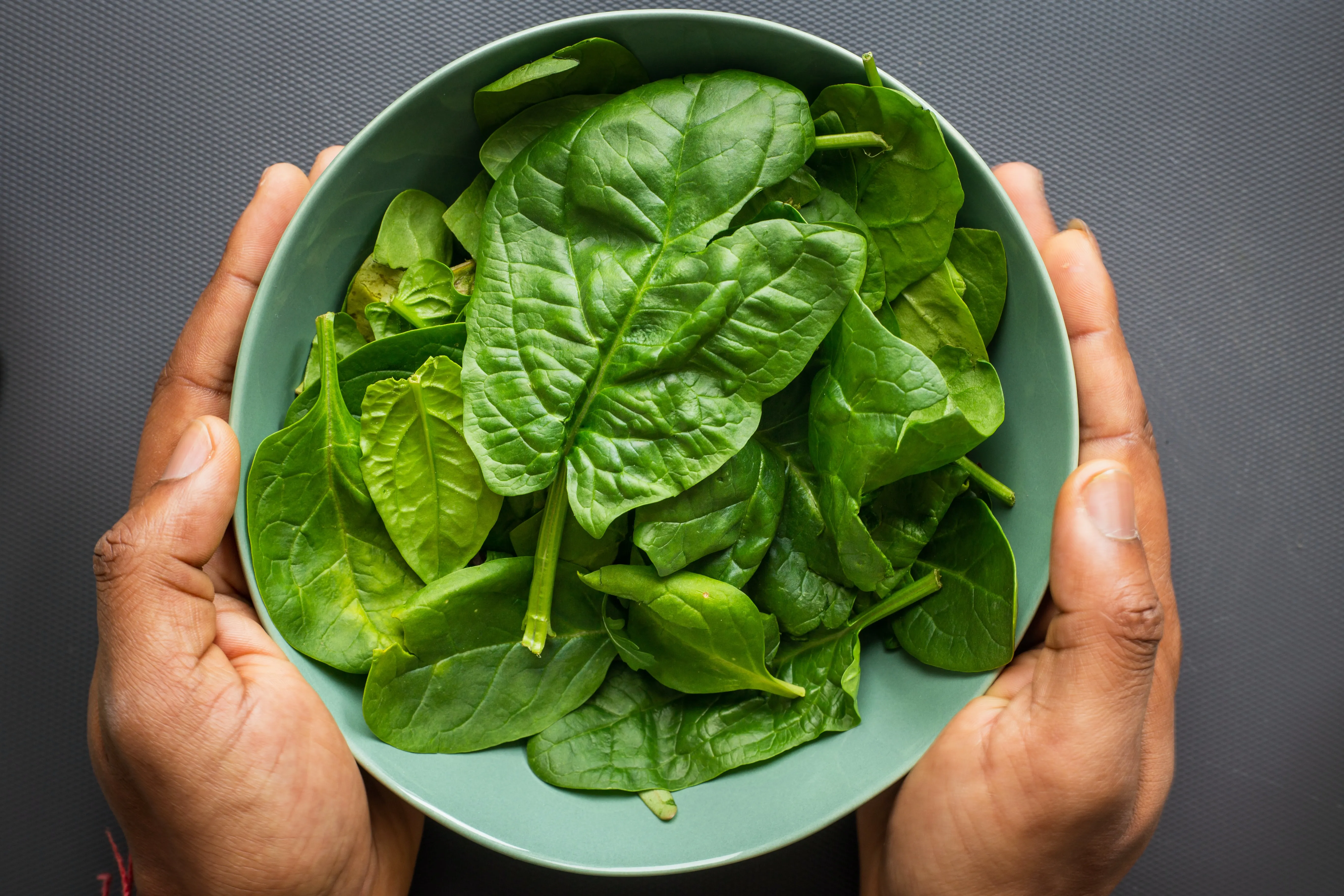
Besides being loaded with minerals, vitamins, and antioxidants, these foods also improve blood pressure and activate the heart.
With the help of soluble fiber, broccoli aids in the excretion of cholesterol from the body.
Broccoli is high in sulforaphane, an anti-inflammatory compound that helps reverse or prevent damage to the linings of blood vessels. This vegetable lowers cholesterol levels and strengthens your blood vessels.
Folate in spinach helps lower blood levels of proteins that damage arteries. Therefore, spinach plays an important role in fighting heart disease.
#5 Pomegranate
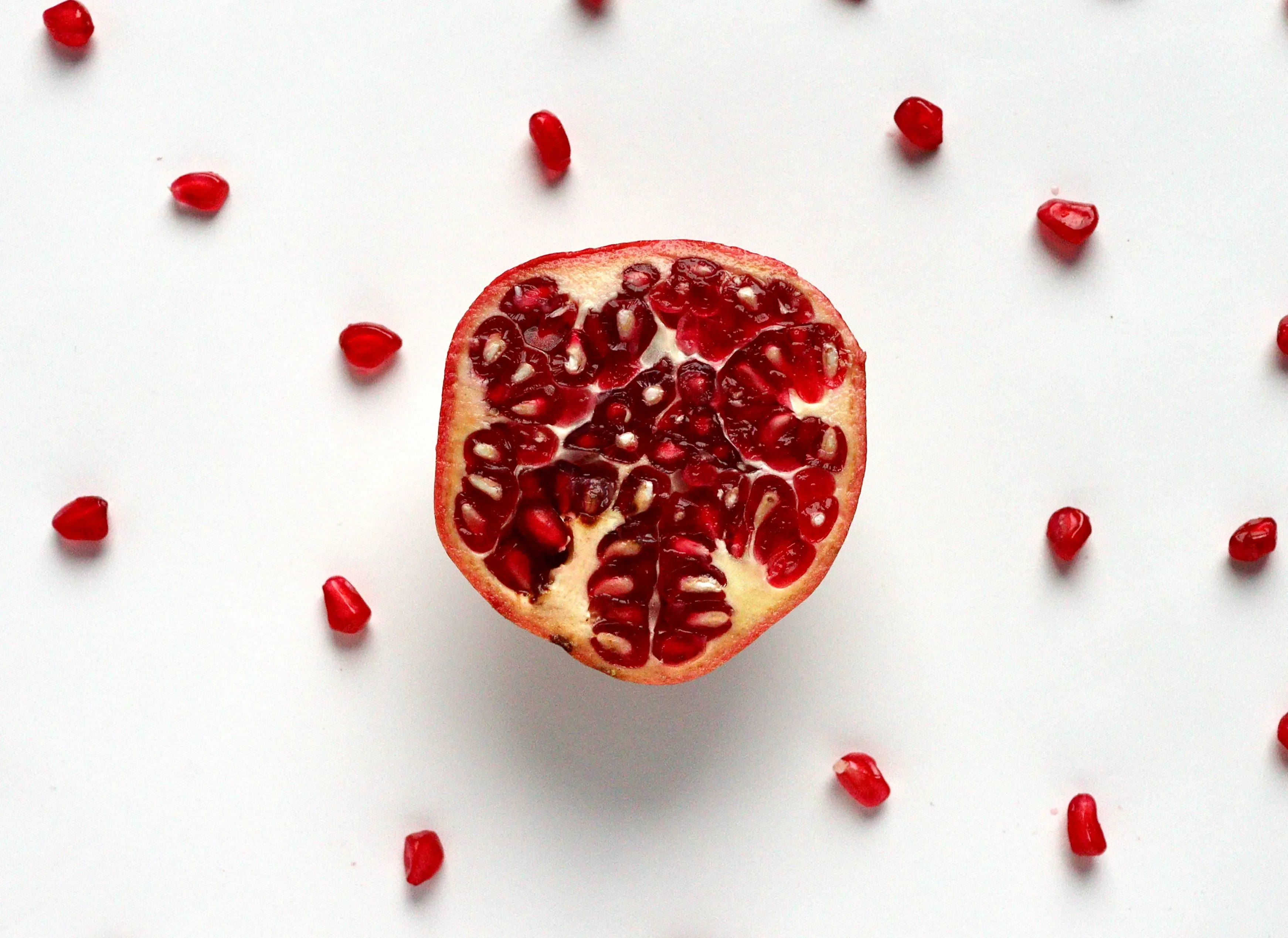
This slightly strange fruit has been thought to hold legendary powers for centuries. Incredible discoveries have been made over the years.
Organic pomegranates are full of antioxidants. They have enzymes and compounds known for keeping LDL (bad cholesterol) from oxidizing and causing hardening of the arteries.
The fruit prevents blood platelets from sticking together and developing dangerous blood clots. Antioxidants also buffer the effects of oxidation.
According to research, drinking pomegranate juice can effectively increase oxygen levels to the heart, while reversing any heart disease.
#6 Extra Virgin Olive Oil
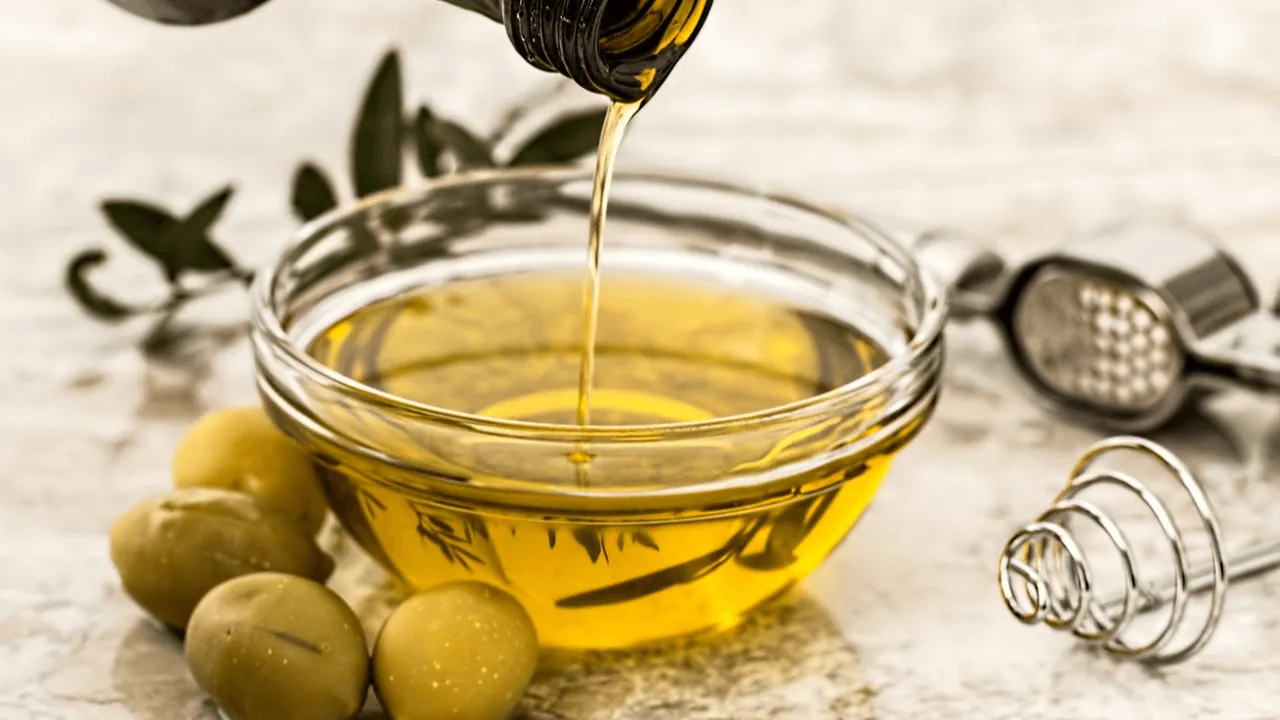
The MUFAs in olive oil contribute to lowering the risk of heart disease by improving risk-related issues, such as cholesterol levels.
It contains a significant amount of polyphenols, which are natural antioxidants.
When your body absorbs healthy amounts of phenolic compounds, you have a lower risk of blood pressure, coronary disease, and high cholesterol.
Studies have shown that these compounds reduce the inflammation that causes coronary heart disease.
Extra virgin olive oil also reduces harmful types of cholesterol due to its antioxidant properties.
#7 Green Tea
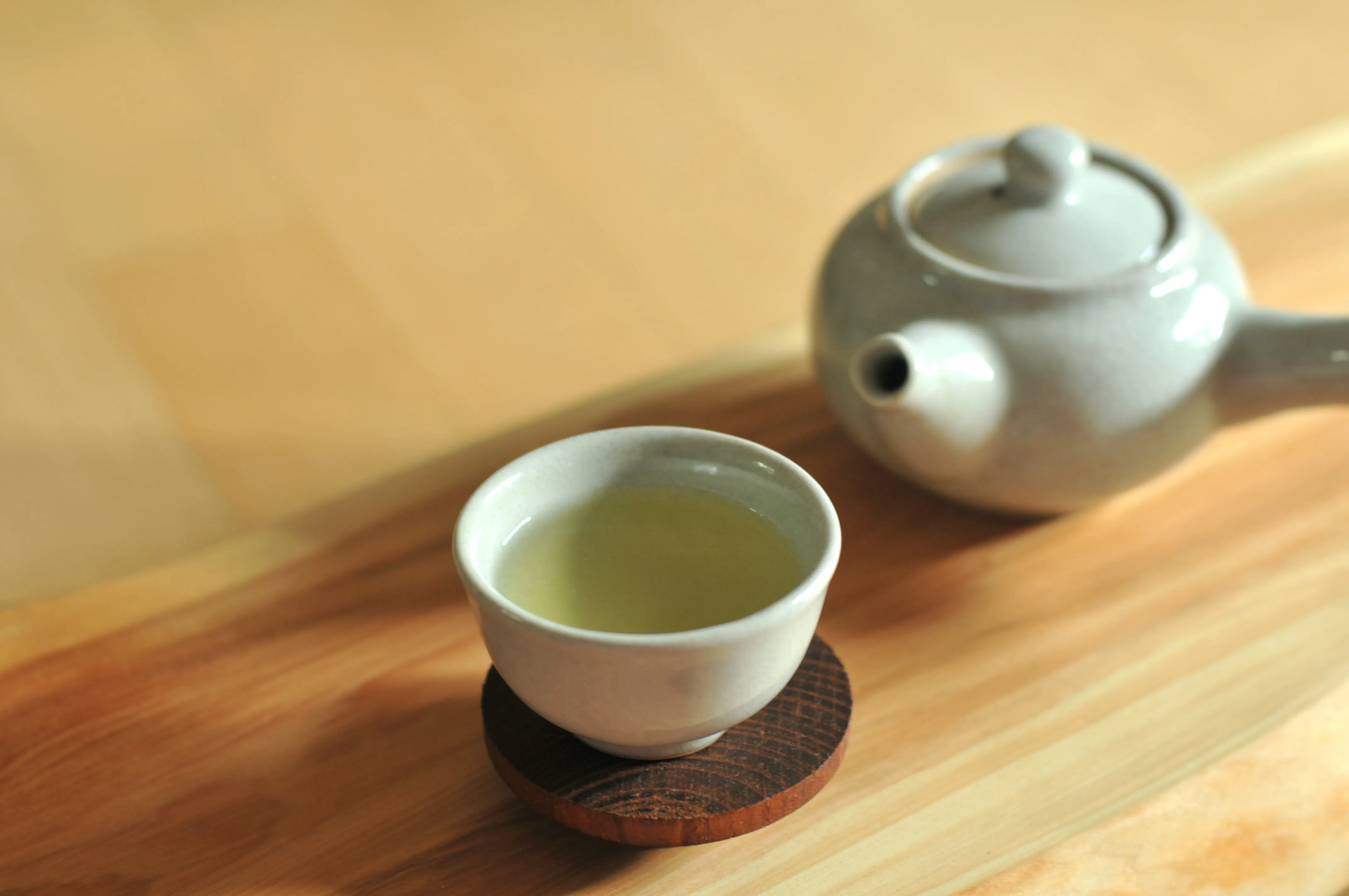
Green tea contains antioxidants that reduce cholesterol and triglyceride levels as well as improve heart health.
It has been revealed that some of the anti-oxidants in this tea are twenty-five times more potent than vitamin E (a nutrient that protects the heart from heart attacks).
Green tea consumption has been found to reduce atherosclerosis and narrowing of the arteries in patients with atherosclerosis.
In addition to helping you control your blood sugar levels, it enhances the burning of fat by boosting your metabolism.
Additionally, this drink may decrease the risk of breast and prostate cancers.
One cup a day stops the formation of cholesterol plaques and lowers Alzheimer's and Parkinson's disease risk.
#8 Cinnamon
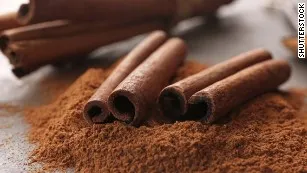
Adding this spice to your diet can protect you against heart disease as well as atherosclerosis. Additionally, it boosts your metabolism, which allows you to lose weight.
In addition to being an anticoagulant, cinnamon can prevent blood platelets from clumping together. However, this effect can be dangerous for people with blood disorders.
There are more antioxidants in cinnamon than most spices or herbs. It has a strong effect on diabetes, lowering blood sugar levels.
When it comes to fighting heart disease, cinnamon is recommended to be consumed in soups and drinks, as well as reducing carb intake.
#9 Nuts
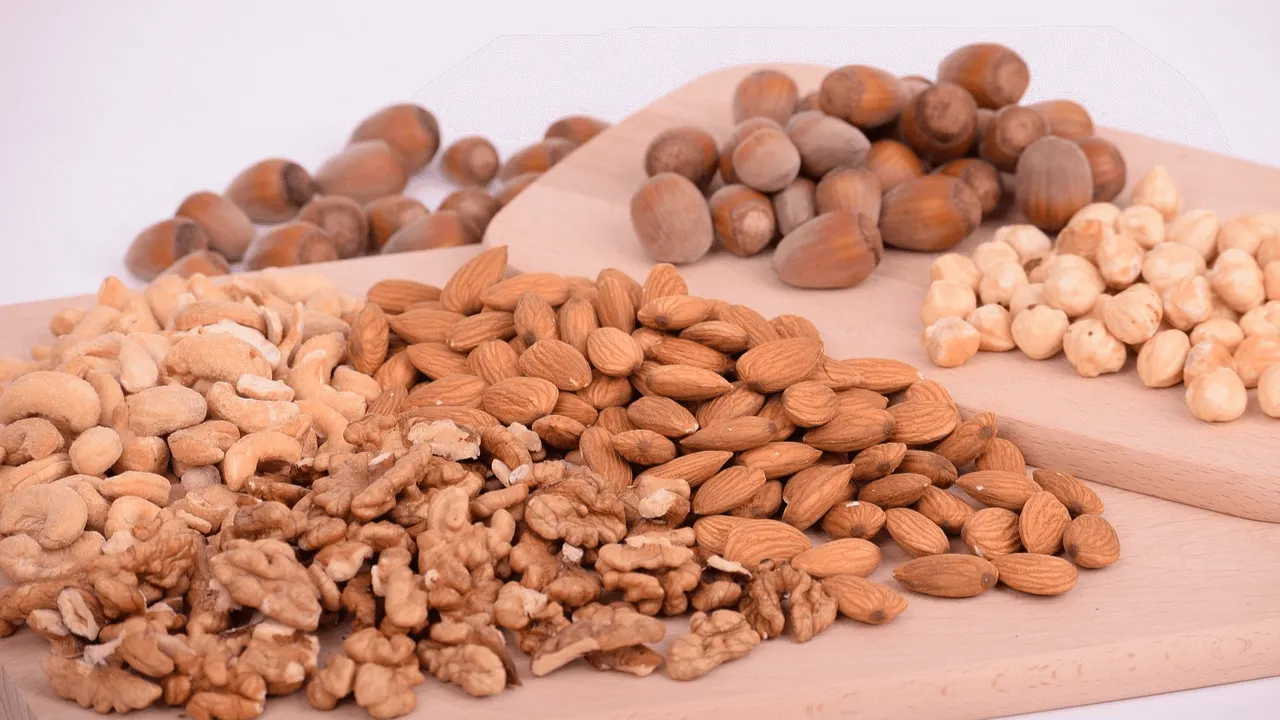
Nuts have a high amount of protein fibers that are useful for your heart, as well as vitamin E, which reduces bad cholesterol.
As an example, almonds, which are very rich in vitamin E, can last for years in a refrigerator.
Nuts are one of the easiest ways to clear your arteries because they contain monounsaturated fats, protein, and fiber in addition to vitamin E.
Walnuts are also a great choice of nuts. Not only do they help to clear arteries, they also reduce inflammation and improve blood pressure.
Studies suggest that consuming four servings of nuts a week can significantly lower the risk of coronary heart disease.
#10 Fatty Fish
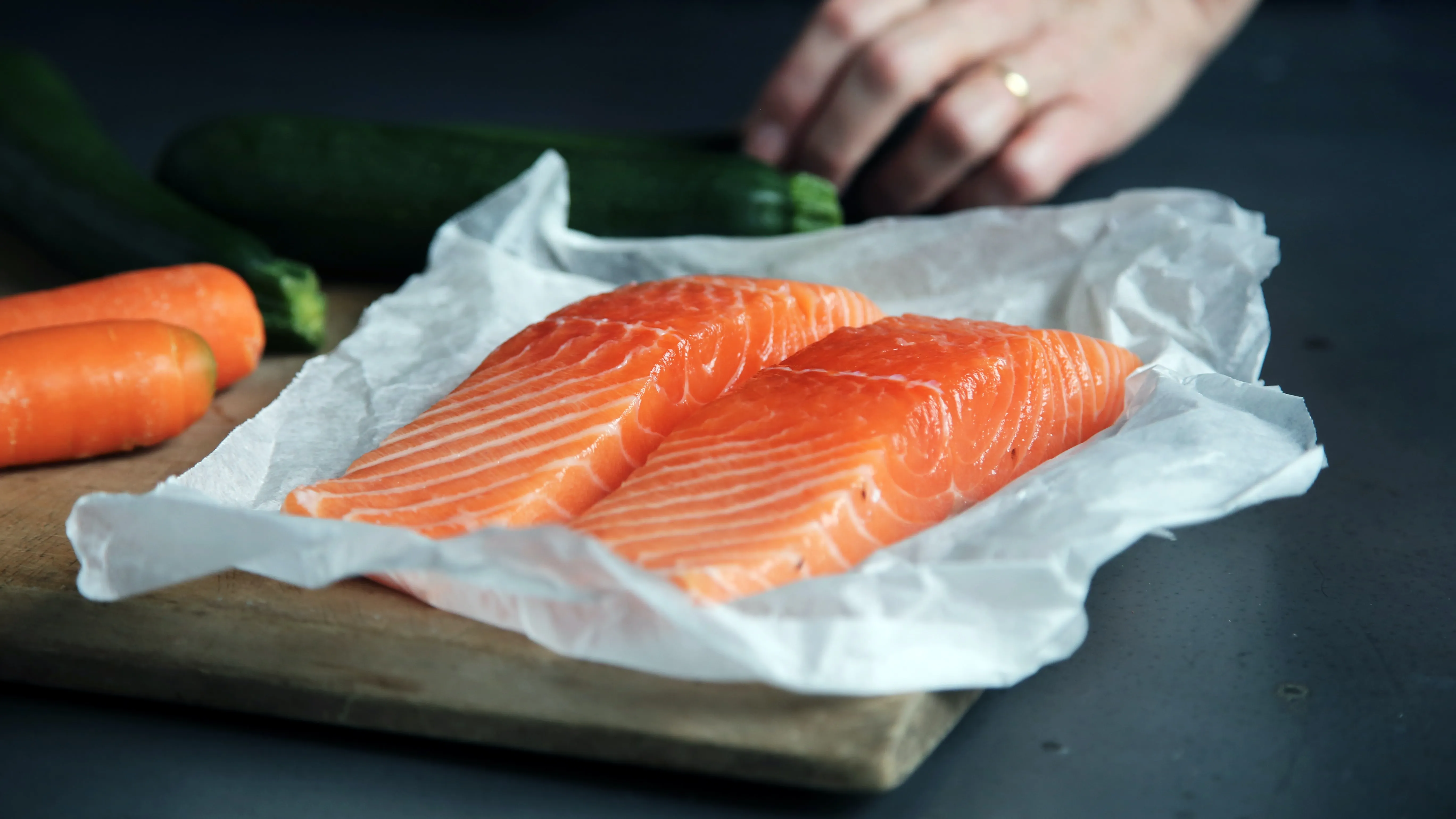
Recent years have seen a lot of talk of omega-3 fatty acids, which play a vital role in blood clotting and maintaining healthy cell membranes.
Fatty fish is a great source of omega-3 fatty acids, which protects against stroke and heart disease.
Salmon, haddock, herring, mackerel, and mackerel all reduce the risk of arrhythmia and atherosclerosis.
Additionally, these fish contain a wide range of vitamins and minerals, including iron, zinc, and selenium. These fish improve your health and help you avoid heart disease.
There is nothing better than eating some fatty fish every two or three days for a healthy and nutritious meal.
